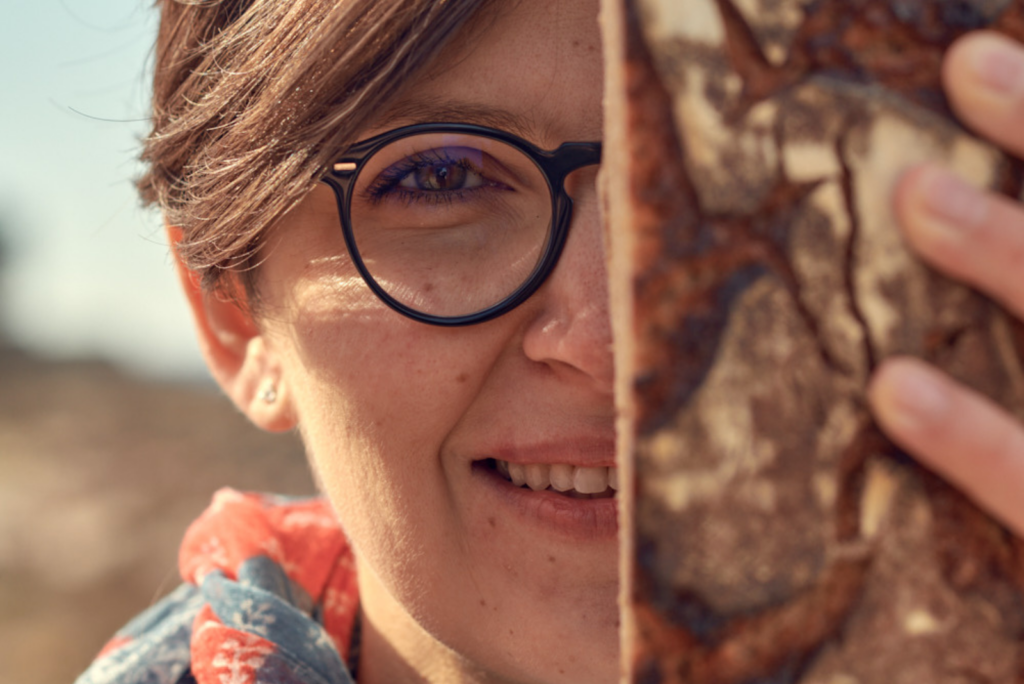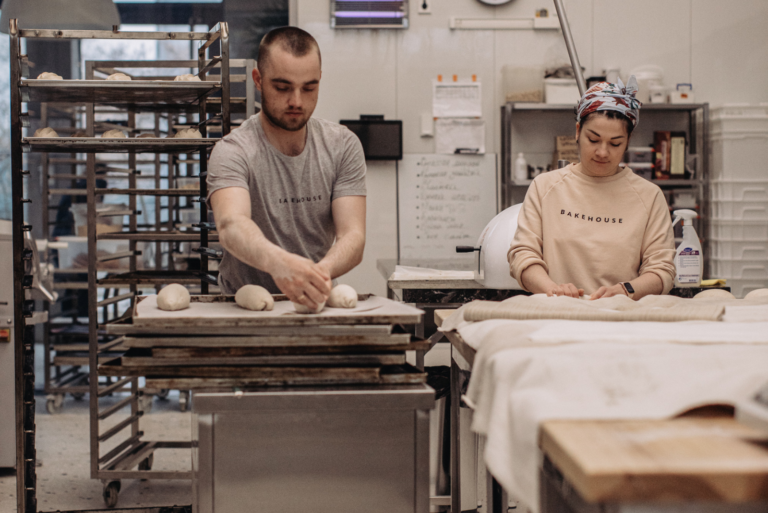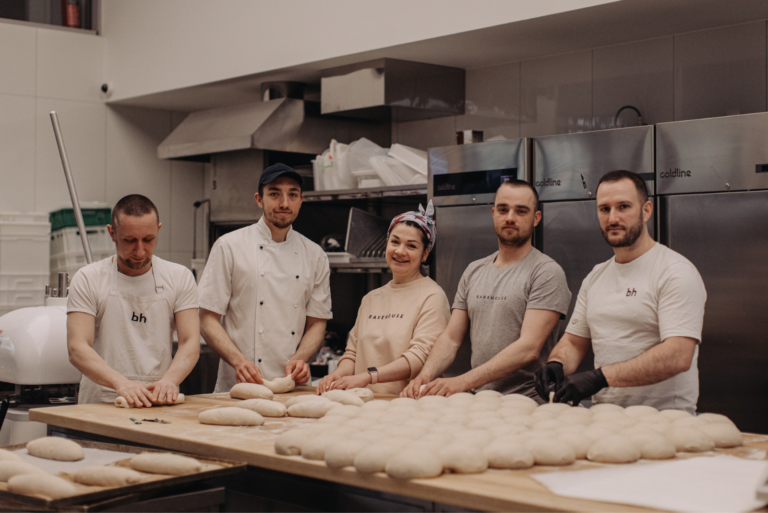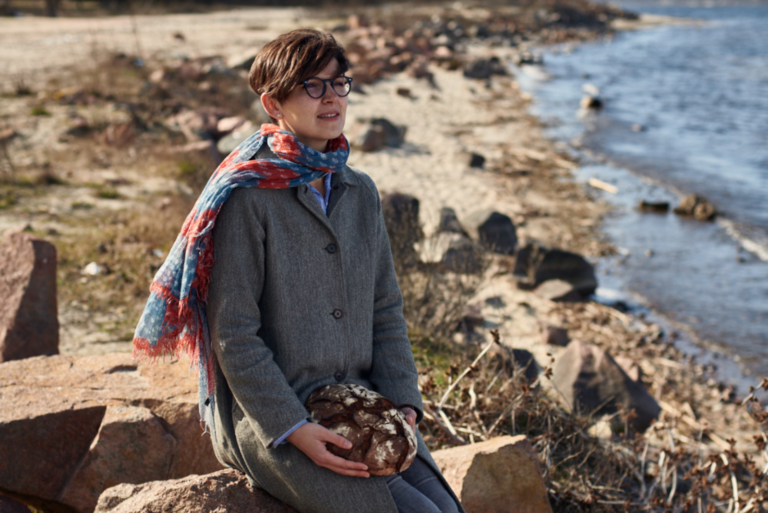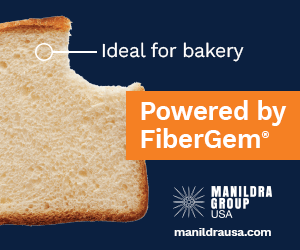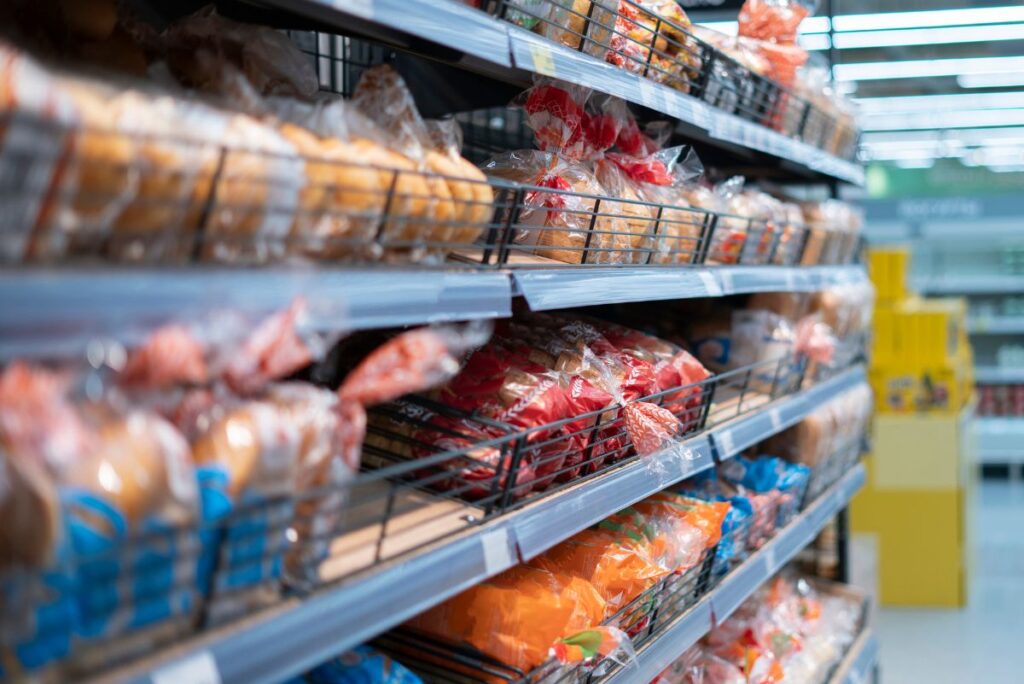KANSAS CITY, MO — A bakery in crisis looks only to the immediate: the immediate needs for production and for the people it serves. But at some point, thought must be given to what happens down the road.
During war, there is no such deadline, so Anna Makievska, founder of Bakehouse in Kyiv, Ukraine, thinks of the future realistically … but with hope.
“We have always been a high quality — and high price — business, so not everyone in Kyiv could afford our products,” Makievska said. “After the war — and even now, during the war — we cannot have the same clientele we had expected to when we were planning our investments.”

